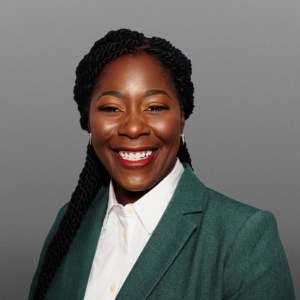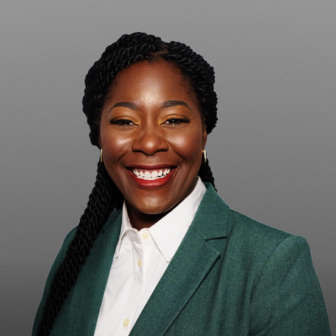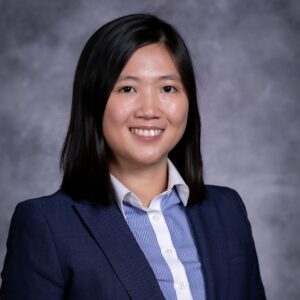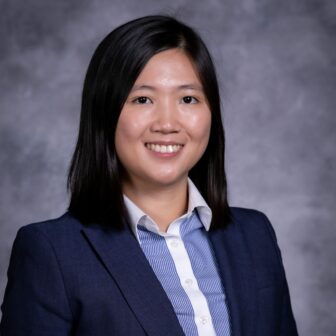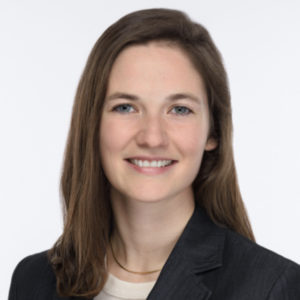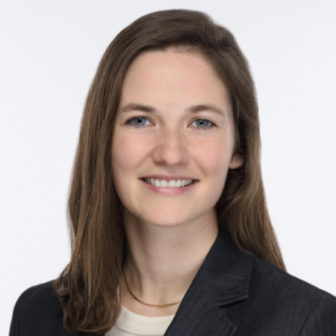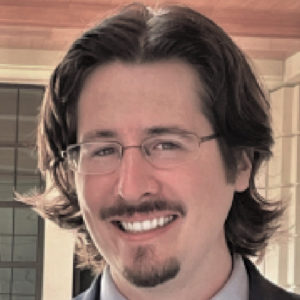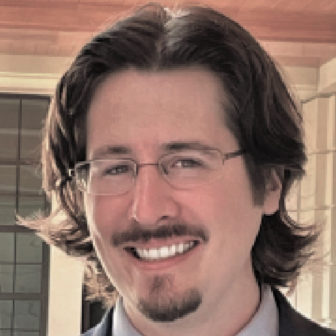Global Health Residency Track
With more than 180 faculty fellows leading research projects and providing clinical care all over the world,
Stanford Global Health can offer each resident a customized program that includes one-on-one
mentoring and experience working overseas. The map below highlights the work and expertise of many of our Global Health mentors.
With more than 180 faculty fellows leading research projects and providing clinical care all over the world,
Stanford Global Health can offer each resident a customized program that includes one-on-one
mentoring and experience working overseas. The map below highlights the work and expertise of many of our Global Health mentors.
Stanford Leaders in Global Health
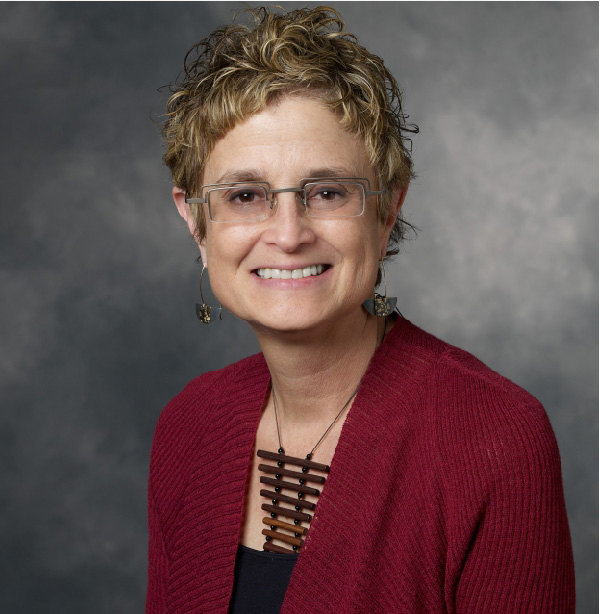
Michele Barry, MD
The Drs. Ben and A. Jess Shenson Professor of Medicine and Tropical Diseases | Senior Associate Dean of Global Health | Director of Global Health Initiatives in Medicine | Director of the Center for Innovation in Global Health
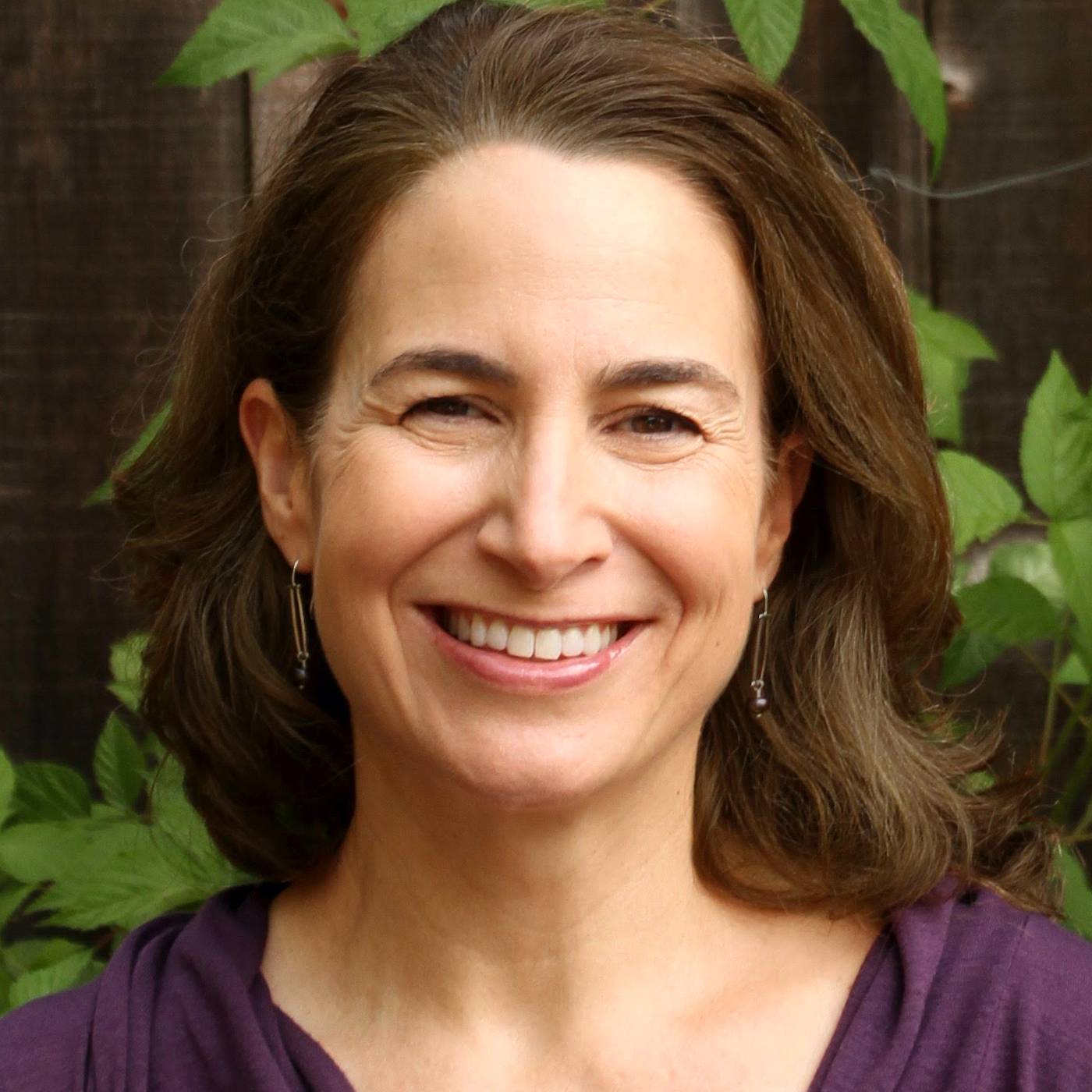
Cybele Renault, MD, DTM&H
Internal Medicine Program Lead for Global Health | Clinical Associate Professor, Medicine |Faculty Fellow, Center for Innovation in Global Health
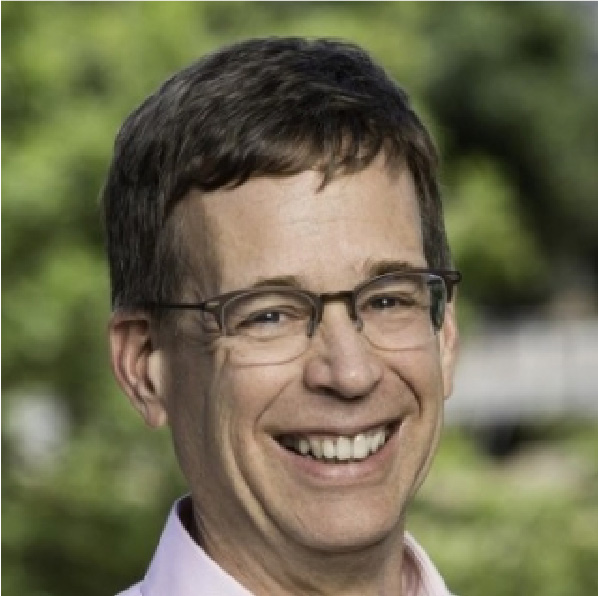
Stephen Luby, MD
Director of Research, Center for Innovation in Global Health | Professor of Medicine (Infectious Disease) | Senior Fellow at the Woods Institute for the Environment and the Freeman Spogli Institute
Global Health Faculty Spotlight
Meet Some of Our Amazing Faculty Around the Globe
DESIREE LABEAUD, MD
JASON ANDREWS, MD
CLEA SARNQUIST, DRPH, MPH
MANU PRAKESH, PHD
MINDIE NGUYEN, MD, MAS, FAASLD
YVONNE A. MALDONDO, MD
KAY DANIELS, MD
AMI S. BHATT, MD, PHD
ERAN BENDAVID, MD
BENJAMIN PINSKY, MD, PHD
KARL LORENZ, MS, MSHS
DARYN REICHERTER, MD
Current Global Health Track Residents
Meet our current Global Health Track residents
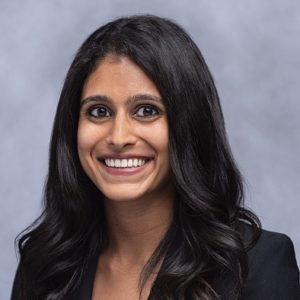
Natasha Mehta
PGY-3
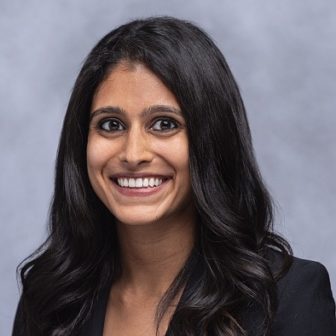
Natasha Mehta
PGY-3
During her undergraduate years at UCLA, Natasha had the opportunity to work with an organization in Uganda that was focused on water hygiene education; this experience motivated her to pursue a Masters in Global Health Sciences at UCSF. While earning her Master’s Degree, Natasha investigated the impact of stigma on fertility desire among women with HIV in Bangkok, Thailand. Throughout her medical school years at University of Illinois College of Medicine in Chicago, she continued to develop her interests in stigma, infectious disease and access to health care by creating a pilot program to assess the acceptability and feasibility of HIV rapid testing of sex partners of incarcerated men in a prison waiting room in Bali, Indonesia. Through the global medicine program at UIC, she discovered her interest in global medical education and created a pre-and-post departure curriculum for students participating in international field work during medical school.
During her residency, Natasha has worked in Zimbabwe, studying the effectiveness of partial versus full COVID vaccination on duration of symptoms in HIV-infected versus HIV-negative individuals, and looking at behavioral and social factors that play into vaccination decision-making in HIV-infected patients.
Contact Natasha MehtaGlobal Health Track Programs & Offerings
Global Health: Beyond Diseases and International Organizations
In this intensive two-week course, directed by Dr. Cybele Renault, resident and fellows learn clinical and diagnostic skills to provide patient care in low-resource settings through case studies, simulations, and hands-on sessions. Interactive lectures in economics, public policy and city planning provide a comprehensive understanding of the challenges in global health.
Global Health Research Methods Workshop
Dr. Stephen Luby, the Center’s Director of Research, teaches this two-day course for fellows, residents and medical students interested in developing research skills applicable to global health. Dr. Luby introduces participants to key issues in proposal development and provides a set of tools and an approach to help them develop their own research interests into tractable research questions.
Fair Oaks Continuity Clinic
Working within the San Mateo County Medical Center system, global health track residents care for uninsured and underserved patient populations through the three years of their residency. The Fair Oaks Clinic, in nearby Redwood City, offers primary care for adults, family planning, women’s health and mental health services. Conversational Spanish skills are helpful but not required.
Social Medicine Rotation
Working with the Santa Clara County Hospital System, global health residents in their second year pack medical supplies and gear into a backpack and spread out into the community to serve the homeless population during a one-month Social Medicine rotation. Residents experience the challenges associated with severe mental illness and addiction, and learn first-hand the complexity of needs that define chronic homelessness.
Hot Topics in Global Health
Global Health Track residents deliver these presentations to fellow residents on current issues or areas of research in global health. Each resident delivers a lecture during the noon conference, once during both the PGY-2 and PGY-3 years. Giving these lectures is an opportunity for residents to learn more about, and educate colleagues about, a current global health topic of interest and develop presentation skills.
Quarterly Journal Clubs
Dr. Michele Barry hosts small gatherings in her home to give track residents the opportunity to present cutting-edge research on a topic of their choice. Residents identify a paper or series of papers to discuss and invite the principal investigator to co-present and lead the discussion with the group. These informal dinners are multi-disciplinary and have led to longstanding collaborations among residents and Stanford faculty.
Mentoring and funding for a Masters degree
Track residents have dedicated time overseas during their second and third years of residency. This time is used to participate in clinical work, research, and collaboration with a chosen site. Based on an individual’s interests, goals, and desired skill set, each resident works closely with a faculty mentor and has the option for a funded Masters degree in their desired area.
Events
Global Health Research Convening
This one-day conference, led by Dr. Stephen Luby, brings together students and faculty working in global health, fostering discussion across a variety of disciplines. Engineers, economists, earth scientists, mathematical modelers and physician-scientists share ideas and explore new collaborations, sustainable solutions and opportunities for student engagement.
Conversations in Global Health
We invite leaders from government, non-governmental organizations, universities and foundations to speak with students, faculty and members of our community about making a career, and a life, in global health. We have featured the President of the World Bank, the Executive Director of the World Food Programme; and a Director at the Bill & Melinda Gates Foundation.
Fall Kickoff and Summer Solstice Celebrations
Every year, we invite the entire global health community to come together for a Fall Kickoff Party and a Summer Solstice Celebration. Over food and drinks, students, researchers, faculty and others discuss their latest projects and initiatives. In a relaxed social setting, collaborations are born, ideas are shaped, and life-long friendships begin.
Graduate Testimonials
Name
Andy Chang, MD, MS
Location
Uganda and Rwanda
Year
2015 & 2016
Name
Laura Greisman, MD, DTM&H
Location
Nepal and Ethiopia
Year
2015 & 2016
What truly sets apart the Stanford Global Health Track is the robust mentorship under which all residents are not only encouraged to carve out a personalized career pathway within global health but also provided opportunities to develop a unique skill set to help you achieve your career goals. I entered Stanford undifferentiated in my career pathway and unsure of how to best combine my passion for clinical medicine and medical education with a career in global health.
Name
Brian Dawes, MD, PhD
Location
Uganda
Year
2022
The time spent in rotation at Kiruddu National Referral Hospital was one of the most influential, impactful, intellectually and emotionally challenging, and formative clinical experiences I have had. As I begin to reflect on this rotation, the initial themes that stand out to me are the challenges of working in a low resource setting with very little patient financial support, the differences in medical the medical training system, and the continued opportunities for improvement within the medical system. He is now an ID fellow at Stanford, continuing to build on his research foundation that he created as a Global Health Track resident.
Name
Josh Wong, MD
Location
Uganda and Colombia
Year
2019 & 2020
“The Global Health Track took my internal medicine training and pushed it beyond national borders. I worked in hospitals in Uganda and Colombia and had a great time exchanging knowledge with the house staff working in these settings. I also gained so much from the VA Underserved Health rotation and the VMC Underserved Health rotation that taught me how to deliver care to hard-to-reach patients with difficult social situations.”
Recent Graduates of Residents Track
Jassi Pannu, MD
Originally from Canada, Jassi spent her undergraduate years at McGill University and then came to the United States to pursue medical school at Stanford. As a medical student, Jassi investigated international pandemic preparedness and she evaluated the global health landscape of broad-spectrum antivirals at Oxford University. Jassi also has an interest in bioinformatics, and during a sabbatical during medical school, she spent one year working at Google Health, where she helped to build machine learning-powered medical tools. Her global health interests center in biosecurity and healthcare policy, where, in between her second and third years of residency, she spent 6 months as a visiting scholar at the Johns Hopkins Center for Health Security at the Bloomberg School of Public Health. For her residency research project, Jassi worked in Uganda during both her PGY-2 and PGY-3 years, and while there, she validated a low-cost malaria diagnostic test under the mentorship of Dr. Manu Prakash.
Brian Dawes, MD, PhD
Brian earned his undergraduate degree in molecular and cellular biology at the University of Illinois and his MD/PhD at the University of Texas Medical Branch. He completed his PhD research in the Galveston National Lab with extensive training in biosafety and biocontainment while working in high containment BSL3 and BSL4 labs. His dissertation research studied the effects of emerging encephalitic viruses on neural cells and how the immune responses in these cells affects viral replication. He also assessed the use of the antiviral compound favipiravir against Nipah virus. In addition to his research, Brian has contributed to Nipah virus and Zika virus vaccine development pipeline analyses for the WHO. He remains committed to studying emerging viruses and developing effective countermeasures such as vaccines and antivirals. He is especially interested in working with populations directly affected by these diseases and ensuring equitable, ethical, and timely access to approved and experimental countermeasures. During residency, he studied the epidemiology of Rift Valley Fever virus under the mentorship of Dr. Desiree LaBeaud, and attitudes toward vaccination to Nipah virus in endemic areas under the mentorship of Dr. Stephen Luby.
Andrew Enslen, MD
Andrew completed his undergraduate years at Pepperdine University and his medical school training at UCSD. As a medical student, he earned an MPH from Harvard, focusing on Quantitative Methods and with a concentration in Epidemiology and Infectious Diseases. During his MPH year, he evaluated modifiable factors associated with infant death in Lusaka, Zambia and he assessed whether entomological surveys served as a useful tool to anticipate dengue outbreaks in Brazil. During his residency, he pursued opportunities to develop his passion for medical education in resource-limited settings. Specifically, during his junior year, he spent 4 weeks teaching at the bedside at the Centre Hospitalier de Kigali (Rwanda), and during his senior year, he returned to Rwanda and spent 7 weeks doing curriculum development, lecturing and teaching on the wards for medical students at the University of Global Health Equity in Butaro, Rwanda.
Andrew Young Chang, MD, MS
ECHOCARDIOGRAPHY FELLOW, UCSF
During medical school, Dr. Chang co-founded a social venture to develop a low-cost ventilatory support device for neonatal respiratory distress in resource-limited countries. During residency, he became interested in cardiology and subsequently conducted epidemiologic and qualitative research in women of reproductive age living with rheumatic heart disease in Uganda. After a Chief Resident year, he continued his training at Stanford as a Cardiology fellow, and earned a Master’s Degree and ultimately his Ph.D. in Epidemiology and Clinical Research. Dr. Chang’s interests include outcomes research, implementation science, and health systems modeling to combat the rise of cardiovascular disease in low- and middle-income countries. After completing his training, he worked as a cardiology attending at the Palo Alto VA prior deciding to pursue additional training, where he is currently studying echocardiography at UCSF.
MEDICAL OFFICER, CENTERS FOR DISEASE CONTROL AND PREVENTION, DENGUE BRANCH, PUERTO RICO
Before starting his medical career, Dr. Wong worked with the CDC for 2 years in Nairobi, Kenya. As a medical student, he worked in South Africa, and during his residency, he provided clinical service and teaching in Cali, Colombia and Kampala, Uganda. Josh’s past experience with the CDC evolved into a passion for working in global health on a systems level. Following residency, he began his career as an Epidemiology Intelligence Officer for the CDC, which then evolved into his current permanent position as Medical Officer within the CDC Dengue Branch in Puerto Rico.
Yoanna Pumpalova, MD
GASTROINTESTINAL ONCOLOGIST I COLUMBIA UNIVERSITY
Yoanna’s interest in global health began when she worked in a clinic whose mission is to provide affordable and reliable cervical cancer screening to indigenous women in rural Peru. During her global health residency, she further defined her interest in global oncology, and she worked in Uganda during both her second and third years, studying prognostic awareness amongst women with metastatic breast cancer undergoing palliative chemotherapy. She completed her Hematology-Oncology fellowship at Columbia University, where she is now on the Oncology faculty. Her current research focuses on the diagnosis, treatment, and prevention of colorectal cancer in low- and middle-income countries, namely South Africa and the Dominican Republic.
Get In Touch
Interested to know more?












